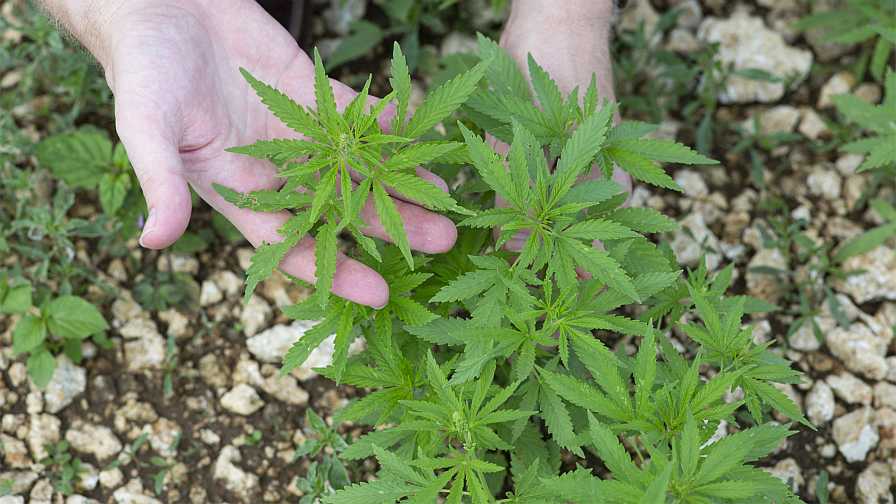Alabama Medical Cannabis Program Awards Business Licenses, Paving the Way for Patient Access
LOS ANGELES– Alabama has achieved a significant milestone in its medical cannabis journey as the state’s medical cannabis program moves forward with the awarding of business licenses. Limited access to medicinal cannabis had been permitted under “Carly’s Law,” which was enacted in 2014. However, recent efforts to expand medical cannabis legalization faced repeated setbacks until May 2021 when the Senate and House approved a revised version of Senate Bill 46, subsequently signed into law by Governor Kay Ivey.
Last year, the Alabama Medical Cannabis Commission (AMCC) initiated the application process for various licenses, including cultivator, processor, dispensary, and others. Despite initial doubts, the AMCC received an impressive 94 submissions before the deadline, with 90 proceeding to the review, evaluation, and scoring phase.
During its meeting on June 12, 2023, the AMCC made the momentous decision to award medical cannabis business licenses to select applicants. These include 5 integrated facility licenses, 4 cultivator licenses, 4 processor licenses, 4 dispensary licenses, 3 secure transport licenses, and 1 state testing laboratory license.
“The Commission has been tirelessly dedicated to establishing regulations and policies that foster a safe and effective medical cannabis industry since the passage of the Darren Wesley ‘Ato’ Hall Act,” commented AMCC Director John McMillan. “We are eager to collaborate with the successful licensees to meet the needs of countless Alabamians living with debilitating conditions that can benefit from medical cannabis.”
The next step for the chosen applicants is to submit their license fees to the Commission. The licenses are set to be issued during the Commission’s meeting on July 10, 2023. However, patients will still have to exercise patience as the licensees make the necessary preparations before medical cannabis products become available.
Once the products are ready, patients who have been diagnosed with qualifying conditions and hold a physician’s recommendation will be able to access them. With the recent awarding of business licenses, physicians should soon be able to initiate the certification process for recommending medical cannabis to eligible patients. In addition to the physician’s recommendation, patients will need to register for an identification card, although the specific registration process is yet to be implemented.
Under Alabama’s medical cannabis program, allowable products will include tablets, capsules, tinctures, gelatinous cubes, gels, topical oils and creams, suppositories, patches, nebulizers, and liquids or oils for inhalation. However, edibles, flower products, and vaping products will not be permitted.
For more information on Alabama’s medical cannabis program, interested parties can visit [insert link to official program website].
The support for medical cannabis in Alabama has remained strong over time. According to an October 2022 poll, an overwhelming 79% of respondents expressed their favor for legalizing medical cannabis, while only 9% were opposed to it.



































